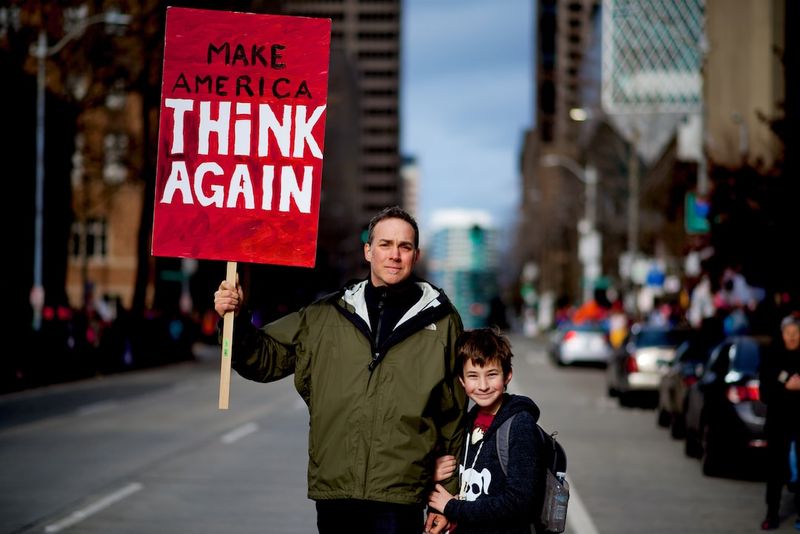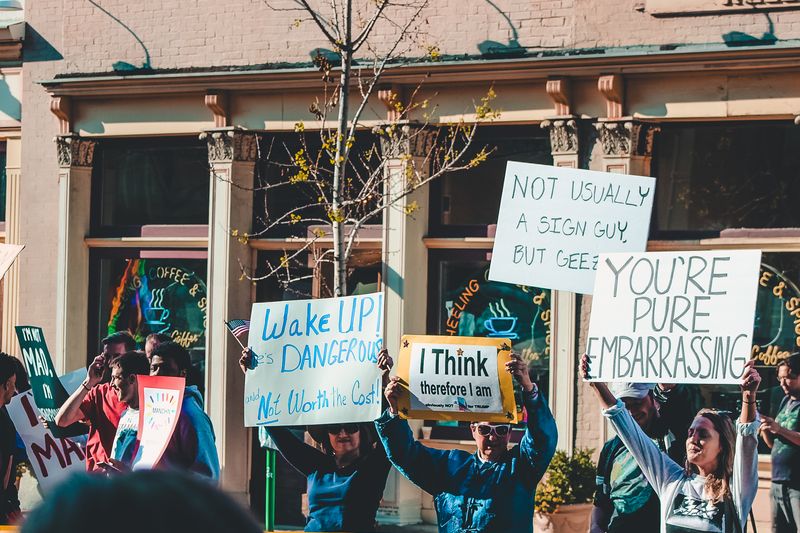Capitol Riot: Joe Biggs Receives 17-Year Sentence in Jan. 6 Sedition Case
In a landmark ruling, Joe Biggs, a leader of the Proud Boys, has been sentenced to 17 years in federal prison for his participation in the January 6 attack on the U.S. Capitol. Biggs was convicted of seditious conspiracy, among other charges, and the government described him as an “instigator and leader” of the violent mob that sought to disrupt the peaceful transfer of power.
Long Sentences for Capitol Rioters
Biggs’ 17-year sentence is one of the longest handed down in Capitol riot cases, second only to the 18-year sentence given to Oath Keepers founder Stewart Rhodes. This sentencing reflects the gravity with which the court views the actions of those involved in the attack on the Capitol.
Prosecutors had sought a 33-year sentence for Biggs, highlighting his role as a vocal leader who used his military experience and public profile to steer the Proud Boys towards political violence. The judge, U.S. District Judge Timothy Kelly, determined that Biggs tearing down a fence during the riot qualified him for a terrorism sentencing enhancement.
Philosophical Discussion: Threats to Democracy
The sentencing of Joe Biggs and other Capitol rioters raises important questions about the state of our democracy and the proliferation of extremist ideologies. The events of January 6 shattered the tradition of peacefully transferring power, a cornerstone of American democracy. These acts of violence not only pose a threat to our political institutions and processes but also to the safety and comfort of ordinary citizens.
Assistant U.S. Attorney Jason McCullough emphasized the gravity of the Proud Boys’ actions, noting that future elections and public events may be viewed with increased caution. The chilling effect of the Capitol attack on our democratic processes and civic life cannot be underestimated. The court’s decision to impose significant sentences aims to send a clear message that such actions will not be tolerated in a democratic society.
Editorial: Defying Extremism and Political Threats
The sentencing of Joe Biggs and his fellow Proud Boys is an important step in combating extremism and protecting our democracy. It underscores the need for a firm and uncompromising stance against individuals and groups that seek to undermine the very foundations of our nation.
While some argue that the actions of the Proud Boys on January 6 were merely political behavior until they turned violent, it is essential to recognize that there are limits to political expression. The line between protected speech and incitement to violence is not blurred, and it is the responsibility of the courts to make that distinction.
Moreover, drawing attention to the root causes of radicalization is crucial in addressing the rise of extremist ideologies. Joe Biggs’ defense attorney argued that his client had been misled by former President Donald Trump. This highlights the dangers of political lies and misinformation that can fuel the radicalization of individuals and groups.
Advice: Safeguarding Democracy
Protecting our democracy requires a multifaceted approach. It begins with safeguarding the integrity of our electoral processes and holding accountable those who seek to undermine them. The Capitol riot should serve as a wake-up call for all Americans to recommit to the principles of democratic governance.
Political leaders, media outlets, and civil society organizations have a duty to promote responsible and truthful discourse. Failure to do so not only enables the spread of extremist ideologies but also erodes public trust in our democratic institutions.
It is also essential to prioritize proactive measures aimed at countering radicalization and promoting civic education. By addressing the root causes of extremism, we can work towards building a more resilient democracy that is better equipped to withstand the threats posed by those who seek to undermine it.

<< photo by Jose M >>
The image is for illustrative purposes only and does not depict the actual situation.




